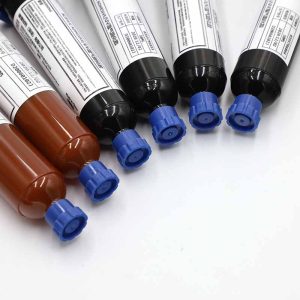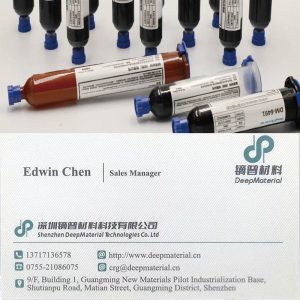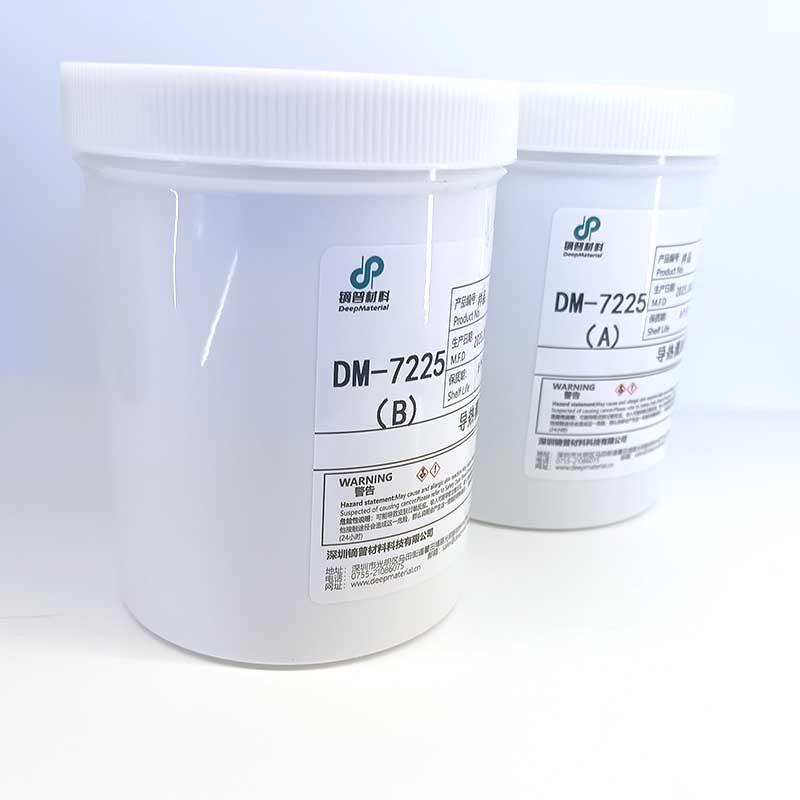Analysis of Shenzhen adhesive manufacturers, adhesive application prospects

Adhesives have a very broad application prospect in the future, and can be applied in many different fields, such as automobile manufacturing, construction industry, electronic product manufacturing, etc. With the continuous development of technology, the performance and application scope of adhesives are also constantly improving. In the future, adhesives may become more environmentally friendly, heat-resistant, and corrosion-resistant to meet the needs of different industries. In the field of automobile manufacturing, adhesives can replace traditional welding and bolt connections, thereby reducing vehicle weight and improving vehicle fuel efficiency. In the construction industry, adhesives can be used to bond various materials, improving the strength and durability of building structures. In the field of electronic product manufacturing, adhesives can achieve precise positioning and fixation of small components, improving product performance and stability. Overall, adhesives have a very broad application prospect in the future and will continue to play an important role.
The decrease in prices of petroleum and petrochemical raw materials will drive down the cost of raw materials, but it will not have an immediate effect. The vast majority of raw materials used for adhesive are related to petrochemical products, and in the long run, the decline in petrochemical raw material prices will reduce raw material costs. However, in the short term, the supply and demand situation of each chemical is determined by the supply behavior. Due to inventory and contract factors, a drop in oil prices usually takes at least six months to affect company performance. Fuller Company is currently in negotiations with suppliers to ensure that the benefits of the oil price decline are transmitted throughout the entire supply chain. Due to the fact that the raw materials used for adhesives are generally secondary and tertiary derivatives of petrochemical products, they are not directly affected by the decline in oil prices. In addition, these manufacturers purchase relatively less raw materials for pure petrochemical products, with only about 13% of the raw materials purchased by Fuller Company being pure petrochemical products.
Nevertheless, low oil prices are still beneficial for improving the overall profit margin of the adhesive industry. Overall, the decline in crude oil prices will help increase the profitability of its adhesive business. In addition, the decline in oil prices will stimulate overall economic growth, indirectly boosting the market demand for adhesives.
The automotive industry is undoubtedly one of the prominent industries in the application of adhesives. Adhesives are replacing mechanical fasteners in various industries, including transportation, electronics, construction, clothing, etc. The potential trend for future macro development is to replace mechanical fasteners with adhesive technology.
In terms of automotive applications, lightweighting is driving an increasing number of adhesive structures. The use of adhesives can make cars lighter and have a more streamlined structure. Fuller Company acquired Beijing Tianshan New Materials Company last year. This is a high-tech enterprise specializing in the research and development, manufacturing, and sales of engineering adhesives. Its engineering structural adhesives are widely used in the automotive and transportation industries. The demand for this type of structural adhesive in the automotive production industry will continue to grow rapidly, as car manufacturers face stricter emission standards and constantly improve average fuel economy standards. The use of adhesives can significantly reduce the weight of vehicles, which is a key factor in reducing emissions. On average, 30 kilograms of adhesive can replace approximately 90 kilograms of mechanical fasteners in each vehicle.
The automotive business unit of Dow Chemical Company also sells a large amount of adhesives. In various fields of the automotive and transportation industries, we can see that adhesives are replacing traditional connection technologies such as mechanical fasteners. The emission reduction requirements are driving the lightweighting of vehicles, which is also a key factor contributing to this trend. In February of this year, Dow announced that it would provide structural adhesive for the new Ford F-150 car, whose structural components are mainly composed of aluminum alloy and lightweight steel (1792, -14.00, -0.78%). The Ford F-series trucks, including the F-150, are the best-selling light vehicles in the United States.
Analysis of Shenzhen adhesive manufacturers, adhesive application prospects 123
Automakers are willing to use adhesives due to other advantages, including road shock absorption performance, the ability to fill and seal gaps between structures, safe use of thermal sensitive substrates such as aluminum or plastic (8280, 20.00, 0.24%), and the ability to reduce structural stress points. The application of structural adhesives has only just begun in recent years, and its demand growth rate will be slightly higher than the global GDP growth. Henkel expects its adhesive business to grow at a rate of 3% to 5% this year. Industry executives and analysts generally believe that the demand for adhesives will continue to maintain a positive growth momentum in the future.
Our company supports small batch customization, packaging design, and contract processing. The article is included in Baidu Wenku

